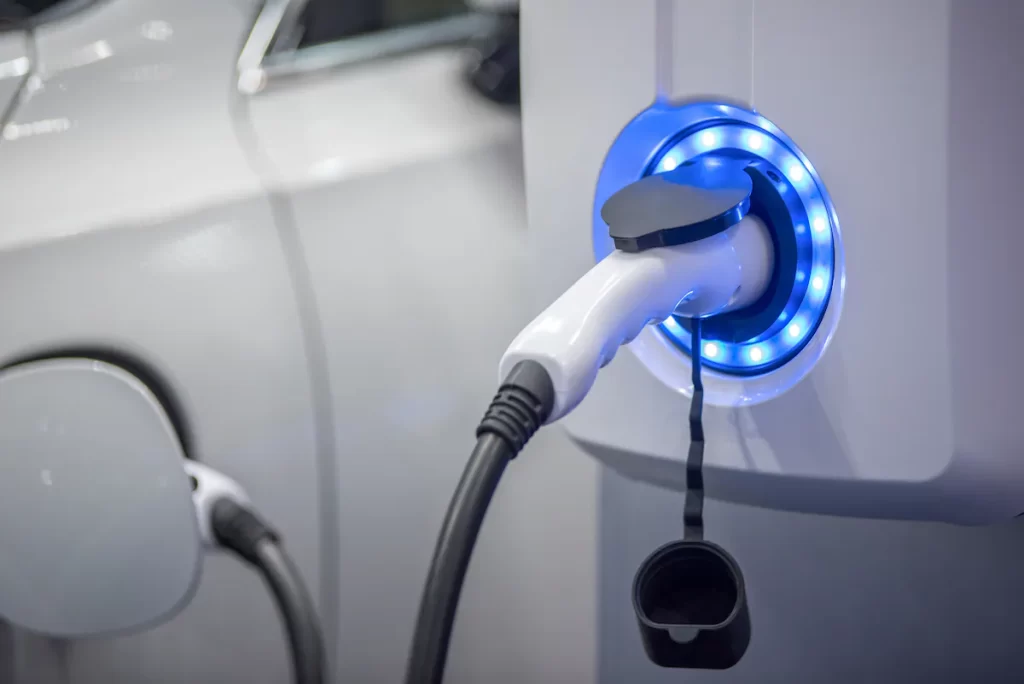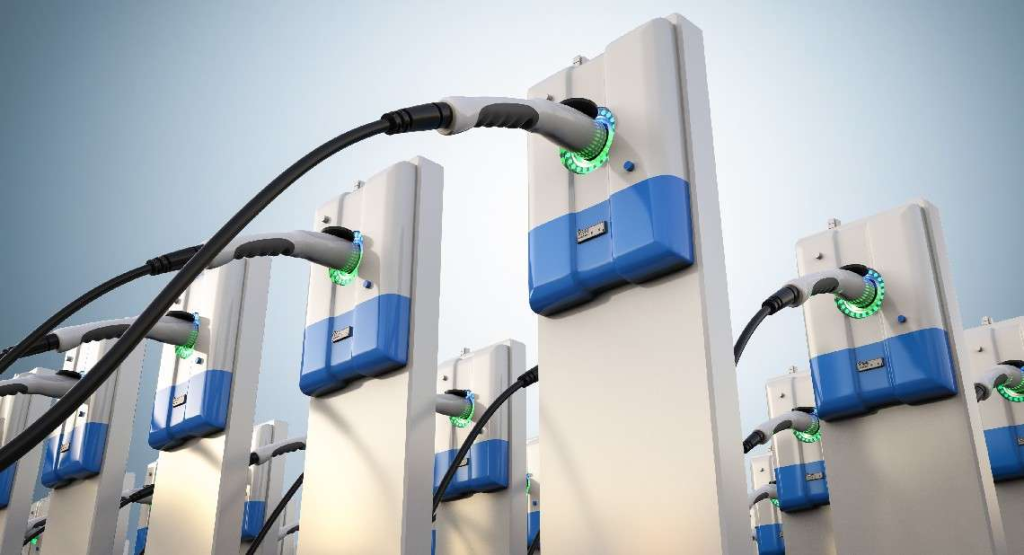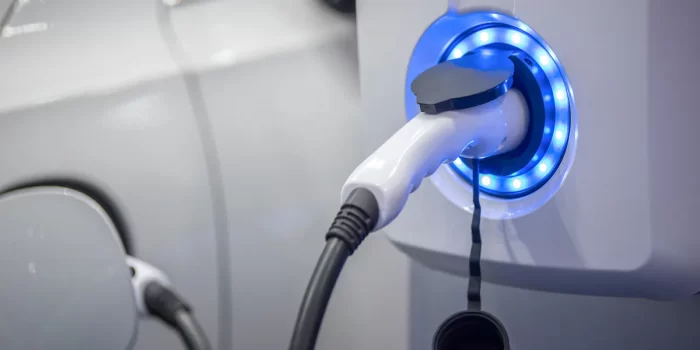The time it takes to recharge an electric vehicle’s battery has long been hailed as a major barrier to the broad acceptance of EVs as a viable means of addressing environmental issues. Even with fast-charging technology that can reduce the duration to at least 30 minutes, a complete charge of an EV often takes up to 10 hours, assuming there is a charging station nearby. A major advance in battery technology, however, might completely transform this field.
Professor Won Bae Kim and his research team at Pohang University of Science and Technology (POSTECH) have developed a new anode material that could drastically reduce the charging time of electric vehicles to just six minutes. The key to this breakthrough lies in their innovative synthesis of manganese ferrites (Mn3-xFexO4) nanosheets using a self-hybridization method. This approach effectively boosts the storage capacity by 1.5 times beyond the theoretical limit, enabling the swift charging of EVs.

The researchers employed a galvanic replacement reaction and a hydrothermal method to create nanometer-thick sheets of manganese ferrites, significantly enlarging the surface area. This enlargement facilitated the simultaneous movement of a larger quantity of lithium ions, ultimately enhancing the battery’s charging speed. Experimental results confirmed that charging and discharging a battery equivalent to those in current EVs could be achieved in just six minutes.

Professor Kim emphasized that this groundbreaking research offers new insights into overcoming electrochemical limitations in conventional anode materials, potentially leading to increased battery durability and significantly reduced recharging times for electric vehicles. This advancement aligns with the global push for sustainable and efficient transportation, bringing us one step closer to seamlessly integrating EVs into our daily lives. The research was supported by prestigious programs, highlighting the significance and potential impact of this technological leap in the realm of electric vehicles and sustainable energy solutions.


